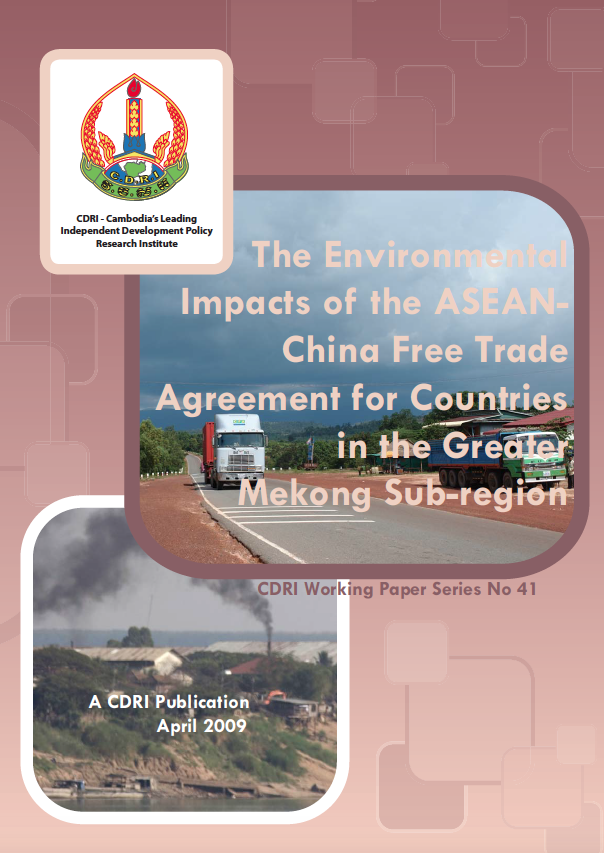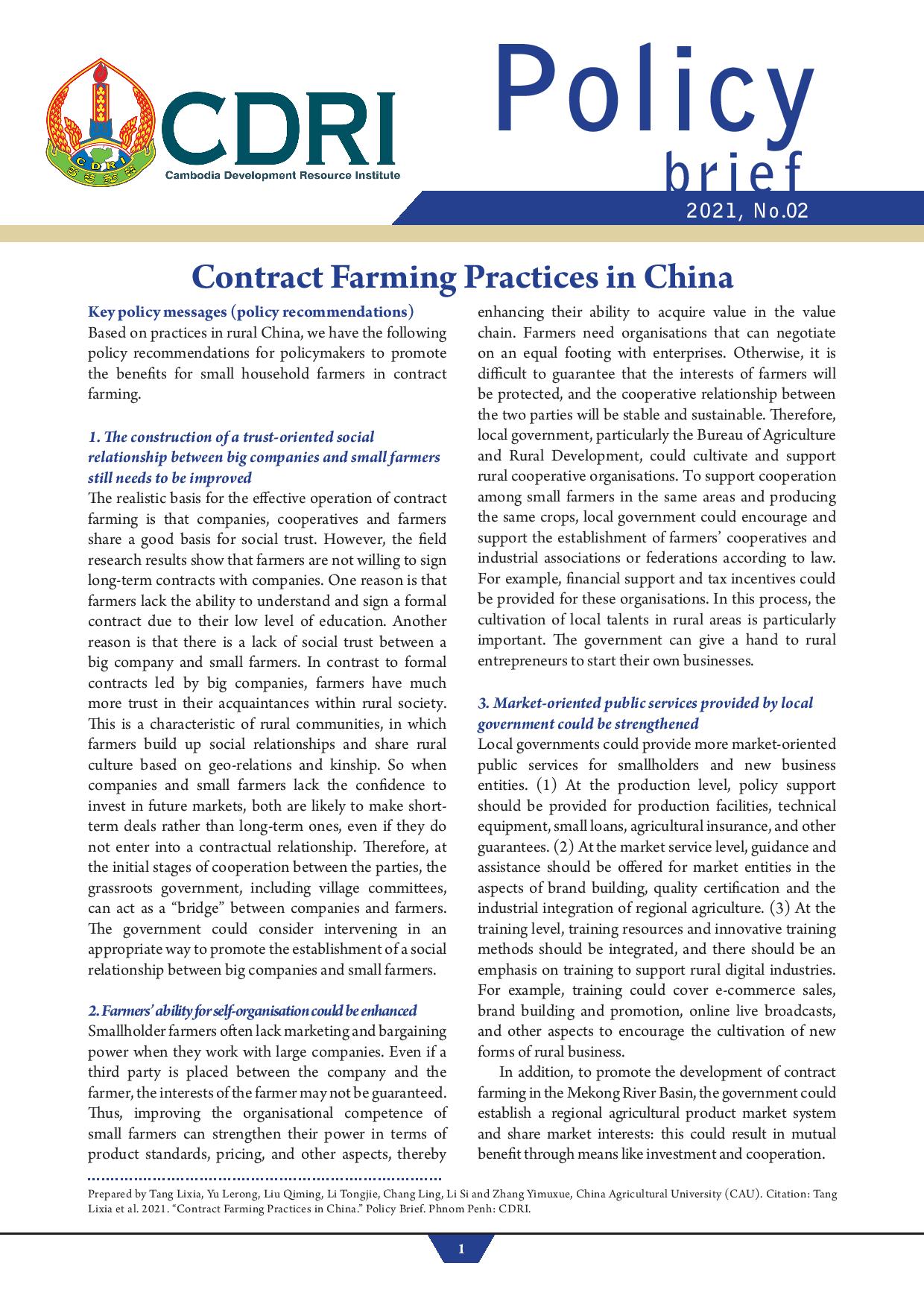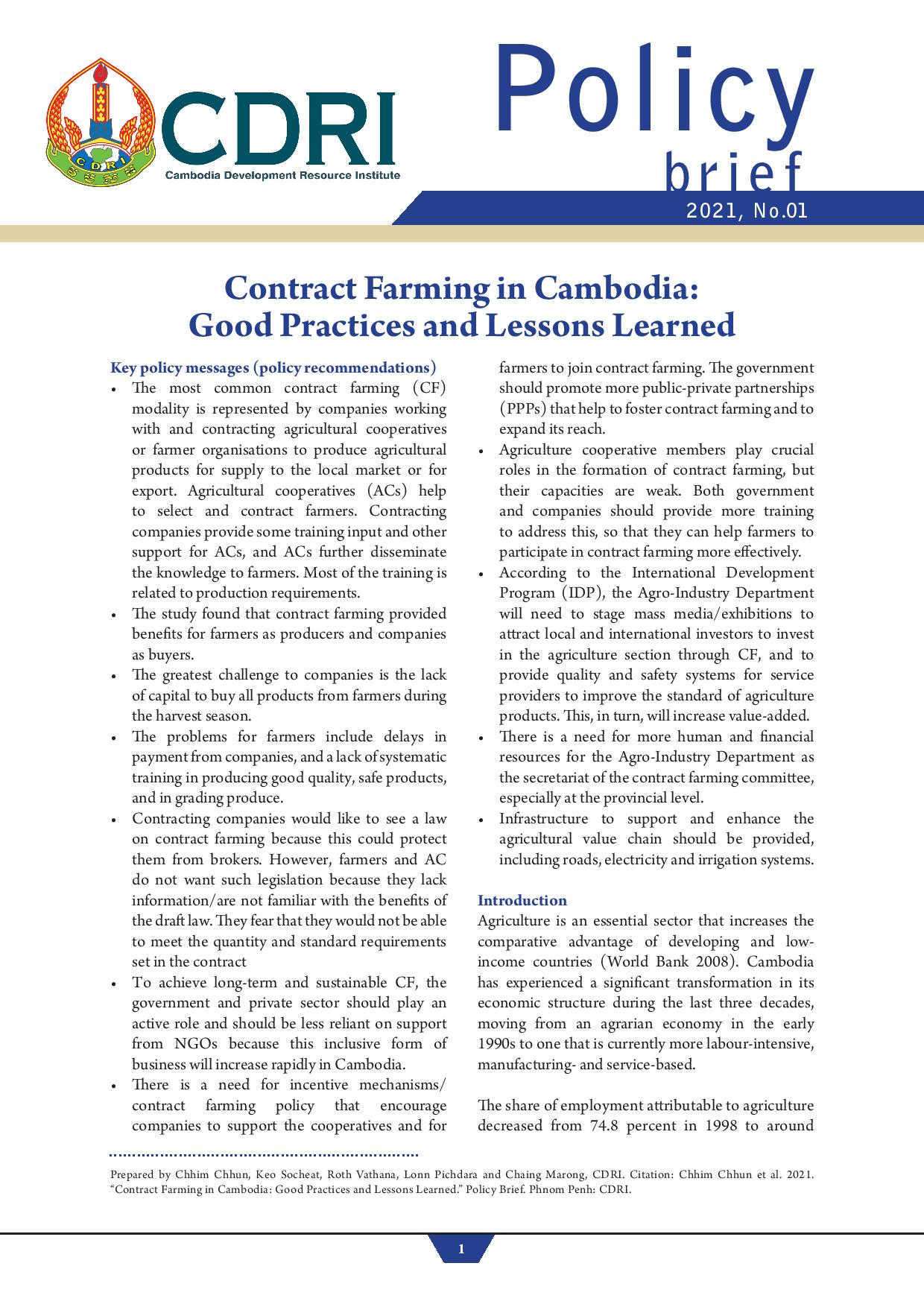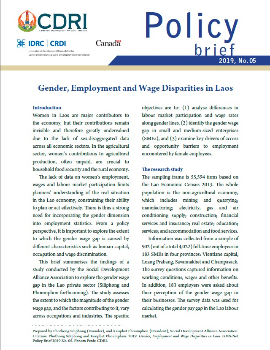
The Environmental Impacts of the ASEAN-China Free Trade Agreement for Countries in the Greater Mekong Sub-region
Keyword: ASEAN-China Free Trade Agreement, Greater Mekong Sub-region, trade liberalisation, environmental impact, Cambodia
Khmer PDF (3)
Abstract/Summary
This study examines the environmental implications of the ASEAN-China Free Trade Agreement (ACFTA) for countries in the Greater Mekong Sub-region (GMS), with a particular focus on Cambodia. It explores how trade liberalization under ACFTA has influenced trade flows and environmental outcomes, using pollution intensity as a proxy for environmental degradation. The findings reveal that while ACFTA has significantly boosted trade—especially in manufacturing and industrial goods—it has also led to increased pollution, particularly in sectors classified as “most polluting,” such as chemicals, metals, and plastics. China is identified as the primary source of pollution-intensive exports within the region. Cambodia benefits economically from importing these goods but faces environmental risks from rising exports of natural resource-based products like wood, rubber, and fish. These exports contribute to deforestation, biodiversity loss, and overfishing. The study highlights the lack of environmental provisions in ACFTA and calls for stronger regional cooperation and domestic policy frameworks to mitigate environmental harm. It concludes that sustainable development in the GMS requires balancing economic growth with environmental protection, and recommends integrating environmental considerations into future trade agreements and policy planning.
DOI: https://doi.org/10.64202/wp.41.200904



